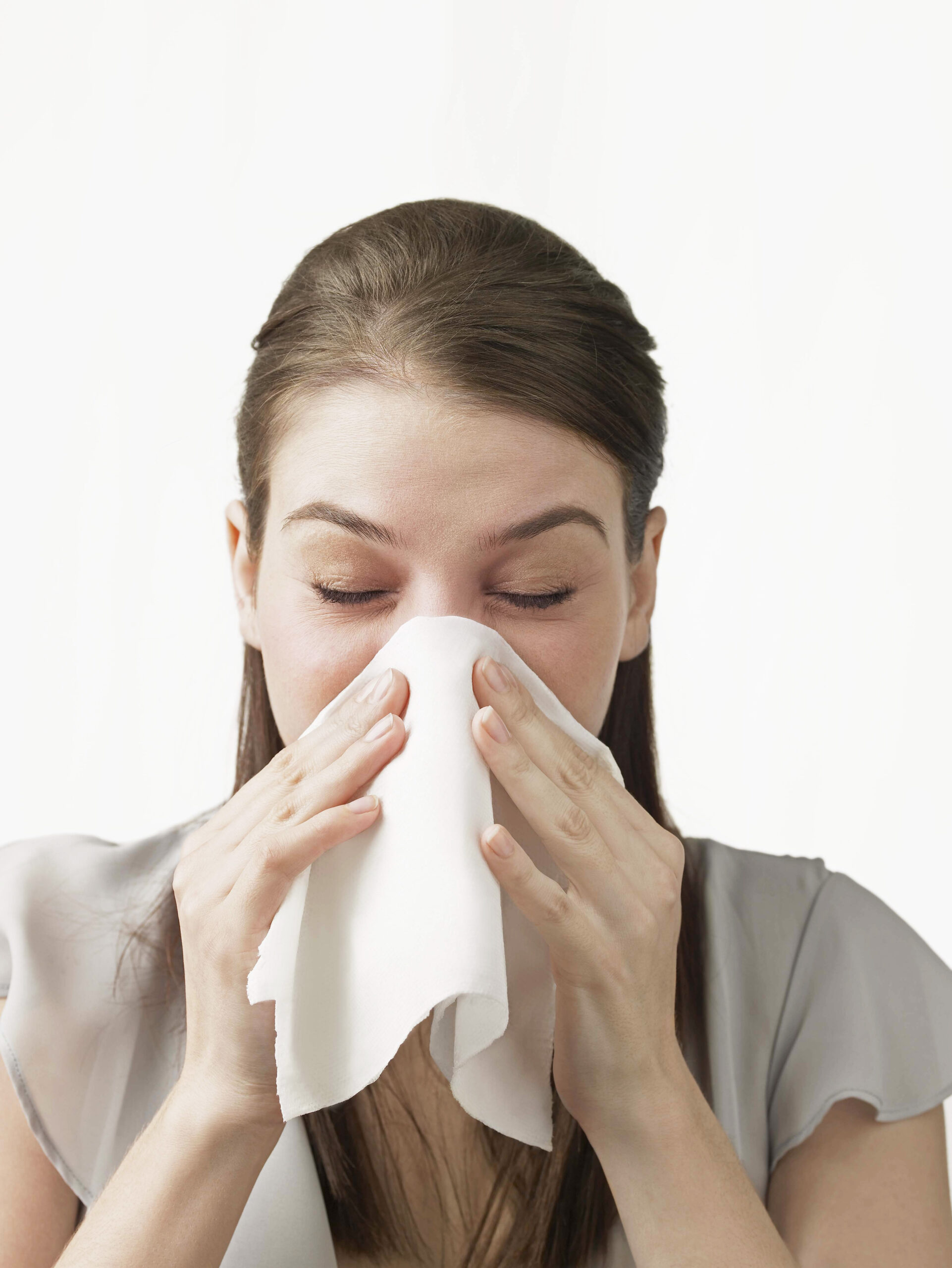By Joseph A. DeBlasio, Jr., M.D.
More than 26 million Americans have asthma, a chronic condition that makes it harder to move air in and out of your lungs, according to the American Lung Association.
In general, asthma can be effectively managed and treated so people can go about their normal day-to-day activities without experiencing shortness of breath.
Asthma sufferers, however, are at greater risk for complications from other respiratory illnesses, including COVID-19, as well as the flu and pneumonia.
This is why it is especially important for asthma sufferers to take precautions to protect their health and have an asthma action plan.
About Asthma
Asthma is a chronic condition that affects your lungs and is characterized by inflammation, swelling and hypersensitivity of the airways that can make it difficult to breathe.
Additionally, because the airways are hypersensitive, they overreact to things people are exposed to every day, like dust and pollen, triggering an asthma attack.
Other common triggers include tobacco smoke, outdoor air pollution, pet dander, mold, smoke from burning wood or grass, changes in the weather, stress, and infections like the cold and flu.
During an attack, the airways that carry air and exchange oxygen in your lungs swell and shrink. As less air gets in and out, mucous production increases and clogs up the airways.
An asthma attack can cause coughing, wheezing, tightness in the chest and trouble breathing. Symptoms can range from mild to severe, and in extreme cases can be life-threatening.
Managing Asthma
Though there is no cure for asthma, once diagnosed it can normally be managed and treated with medication and, whenever possible, by avoiding triggers.
Most people with asthma will need to take inhaled corticosteroids daily to reduce inflammation and help stop symptoms before they start.
Additionally, quick-relief medications called short-acting beta 2-agonists may need to be used when symptoms flare up and lead to an attack. These medicines, which are delivered through a rescue inhaler, act quickly to relax tight muscles around the airway and restore airflow.
As the American Lung Association notes, when asthma is well-controlled you typically experience few symptoms and can perform daily activities without trouble, allowing you to live a normal life.
In addition, while everyone should be vaccinated against the flu each year, it is especially important for people with asthma, as they are at greater risk for serious complications. Asthma sufferers should also talk with their healthcare provider about getting vaccinated against pneumonia.
Asthma and COVID-19
People with asthma may be at higher risk of getting very sick from COVID-19, according to the Centers for Disease Control and Prevention (CDC).
The virus can affect your respiratory tract, cause an asthma attack and possibly lead to pneumonia and acute respiratory disease.
There is currently no specific treatment for or vaccine to prevent COVID-19. The CDC suggests that the best way to prevent illness is to avoid being exposed to the virus through the following:
• Avoiding close contact with people who are sick.
• Avoiding touching your eyes, nose and mouth.
• Practicing social distancing.
• Cleaning and disinfecting high-touch objects and surfaces (counters, tabletops, doorknobs, bathroom fixtures, toilets, phones, keyboards, tablets, and bedside tables) using a regular household cleaning spray or wipes.
• Washing your hands often with soap and water for at least 20 seconds, especially after going to the bathroom; before eating; and after blowing your nose, coughing or sneezing. If soap and water are not available, use an alcohol-based hand sanitizer with at least 60% alcohol.
Follow Your Asthma Action Plan
In addition to taking steps to prevent exposure to COVID-19, the CDC recommends following an asthma action plan, including:
• Taking your asthma medication exactly as prescribed. Talk to your healthcare provider, insurer and pharmacist about creating an emergency supply of prescription medications, such as asthma inhalers.
• Making sure that you have 30 days of non-prescription medications and supplies on hand in case you need to stay home for a long time.
• Knowing how to use your inhaler.
• Avoiding your asthma triggers.
• Cleaning and disinfecting frequently touched surfaces.
• Taking steps to help cope with stress and anxiety.
In addition, the CDC recommends getting a flu shot if you have not received one yet this year – it reduces risk of influenza and avoids confusion with COVID-19 if you become sick.
As the effects of COVID-19 are felt throughout central New Jersey, Penn Medicine Princeton Health remains committed to providing high-quality, comprehensive care to the community, 24/7. To learn more, please visit www.princetonhcs.org.
Joseph A. DeBlasio, Jr., M.D., specializes in internal medicine and is a member of the medical staff at Penn Medicine Princeton Health.

